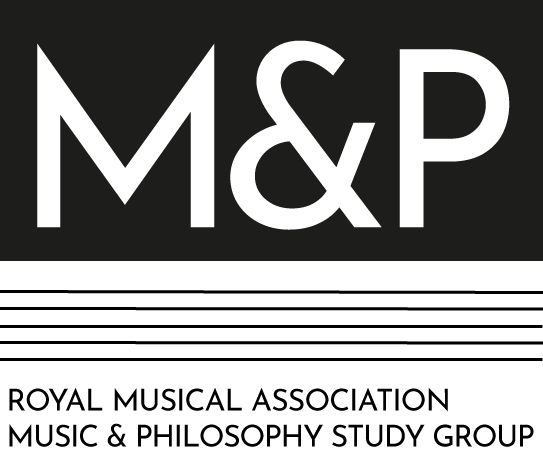Direction
Prof. Dr. Wolfgang Fuhrmann (University of Leipzig)
Prof. Dr. Claus-Steffen Mahnkopf (Hochschule für Musik und Theater Leipzig Felix Mendelssohn Bartholdy)
In Cooperation with
Gesellschaft für Musik und Ästhetik and the Zentrum für Gegenwartsmusik of the HMT
22 – 24 November 2019
Hochschule für Musik und Theater Leipzig Felix Mendelssohn Bartholdy
Großer Saal/Probensaal | Grassistr. 8 | 04107 Leipzig
No conference fee. No need for advance registration. The language of the symposium is German.
(German below)
“There is no such thing as music philosophy.” It is with this categorical statement that Richard Klein opens his book Musikphilosophie zur Einführung (Introduction to Music Philosophy). This seemingly performative contradiction leads directly to the question at the heart of our conference, since, as Klein immediately puts his assertion into perspective, music philosophy must be thought of as a project. Both in the English-speaking world, and for about two decades, in the German-speaking world, there has been a growing interest in music as a philosophical subject: This has happened among philosophers, but also in music-related disciplines. Nevertheless, the basic concepts, approaches, methods, and questions still vary greatly.
Is there such a thing as a paradigm of music philosophy and is it already within sight? What, in fact, are the fundamental questions of the discipline? What is the relationship between philosophy and music-related empirical sciences, what is music philosophy’s standing with regard to musical reality? Can practical musicians/composers take part in philosophical discourse through their actions and production? And what role can music sociology play in all of this? After all, the most prominent of all music philosophers, Theodor W. Adorno, considered sociology essential for all reflections on music.
The question of why and for what purpose we pursue music philosophy will serve as a point of departure for this conference. This is a question that can and will be discussed academically, but also examined casually. We will not presume to set limits or point the way for a new form of thinking and line of questioning. Instead, we will attempt to initiate a dialogue about the fundamental principles of music philosophy.
(Translation from the original German: Sean Reilly)
„Musikphilosophie gibt es nicht.“ Mit diesem kategorischen Statement eröffnet Richard Klein sein Buch Musikphilosophie zur Einführung. In diesem scheinbaren performativen Widerspruch liegt die Frage unserer Tagung, denn, so relativiert Klein sofort, Musikphilosophie müsse man als Projekt denken. Im angelsächsischen Raum und auch seit rund zwei Jahrzehnten im deutschsprachigen ist ein wachsendes Interesse an Musik als philosophischem Gegenstand zu verzeichnen: von Seiten der Philosophie, aber auch der musikbezogenen Disziplinen. Dennoch sind die Ansätze, Zugänge, Methoden und Fragestellungen denkbar unterschiedlich.
Gibt es so etwas wie ein Paradigma der Musikphilosophie und ist es bereits in Sichtweite? Was sind die grundlegenden Fragen dieser Disziplin? In welchem Verhältnis stehen Philosophie und musikbezogene Erfahrungswissenschaften, wie ist das Verhältnis zur musikalischen Wirklichkeit? Können praktische Musiker/Komponisten durch ihr Handeln und Herstellen philosophisch tätig werden? Und welche Rolle könnte in all dem die Musiksoziologie spielen, die ja für den prominentesten aller Musikphilosophen, Theodor W. Adorno, offensichtlich integral zu seinem Reflektieren über Musik gehörte?
Die Frage, warum und zu welchem Zweck wir Musikphilosophie betreiben, soll im Zentrum dieser Tagung stehen. Sie kann und soll wissenschaftsphilosophisch erörtert oder auch kasuell beleuchtet werden. Es soll nicht darum gehen, einer neu sich verfestigenden Form des Denkens und Fragens sofort Grenzen zu setzen und Bahnen zu weisen; wohl aber um den Versuch, einen Dialog über das Grundsätzliche in Gang zu bringen.



